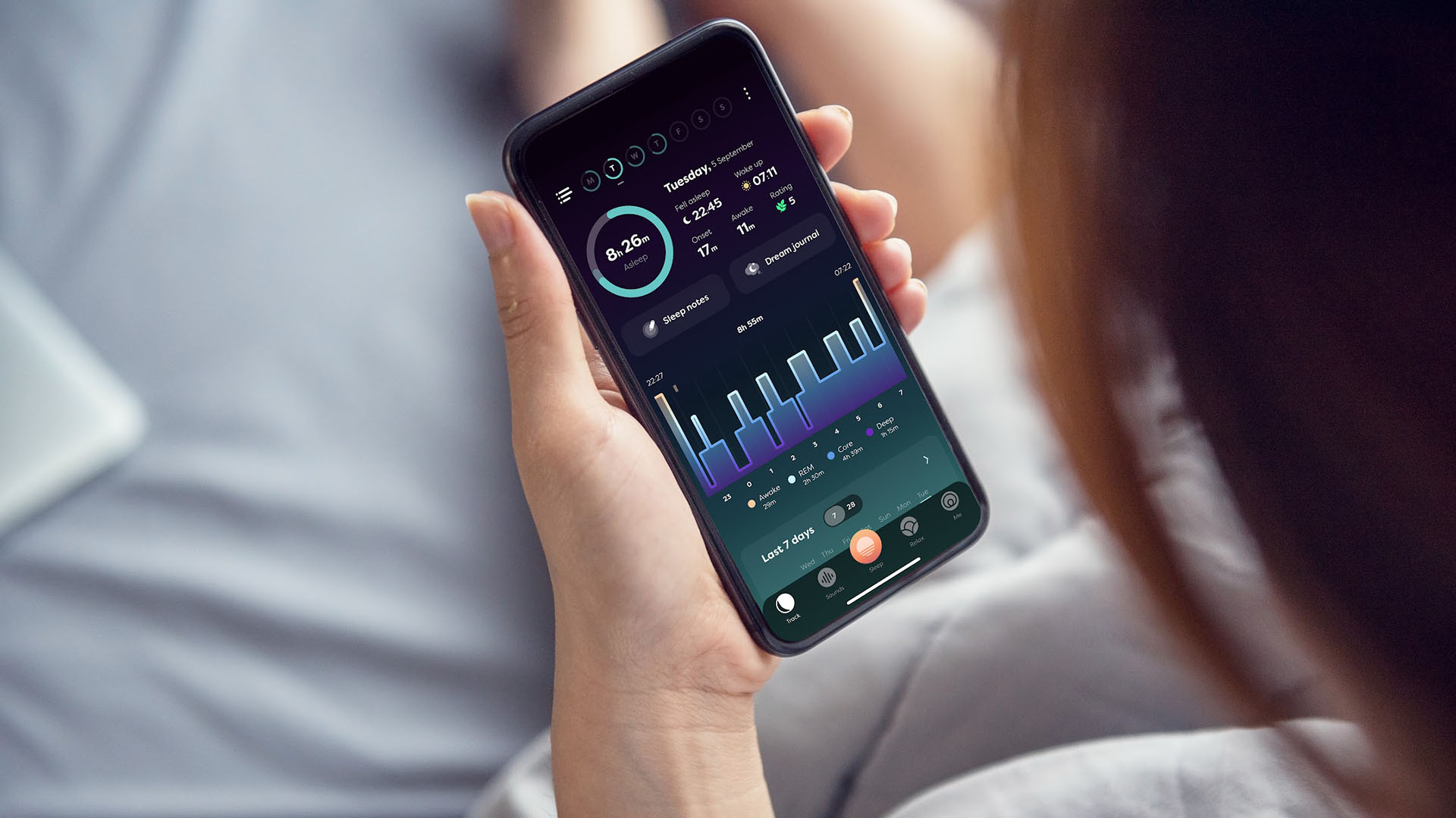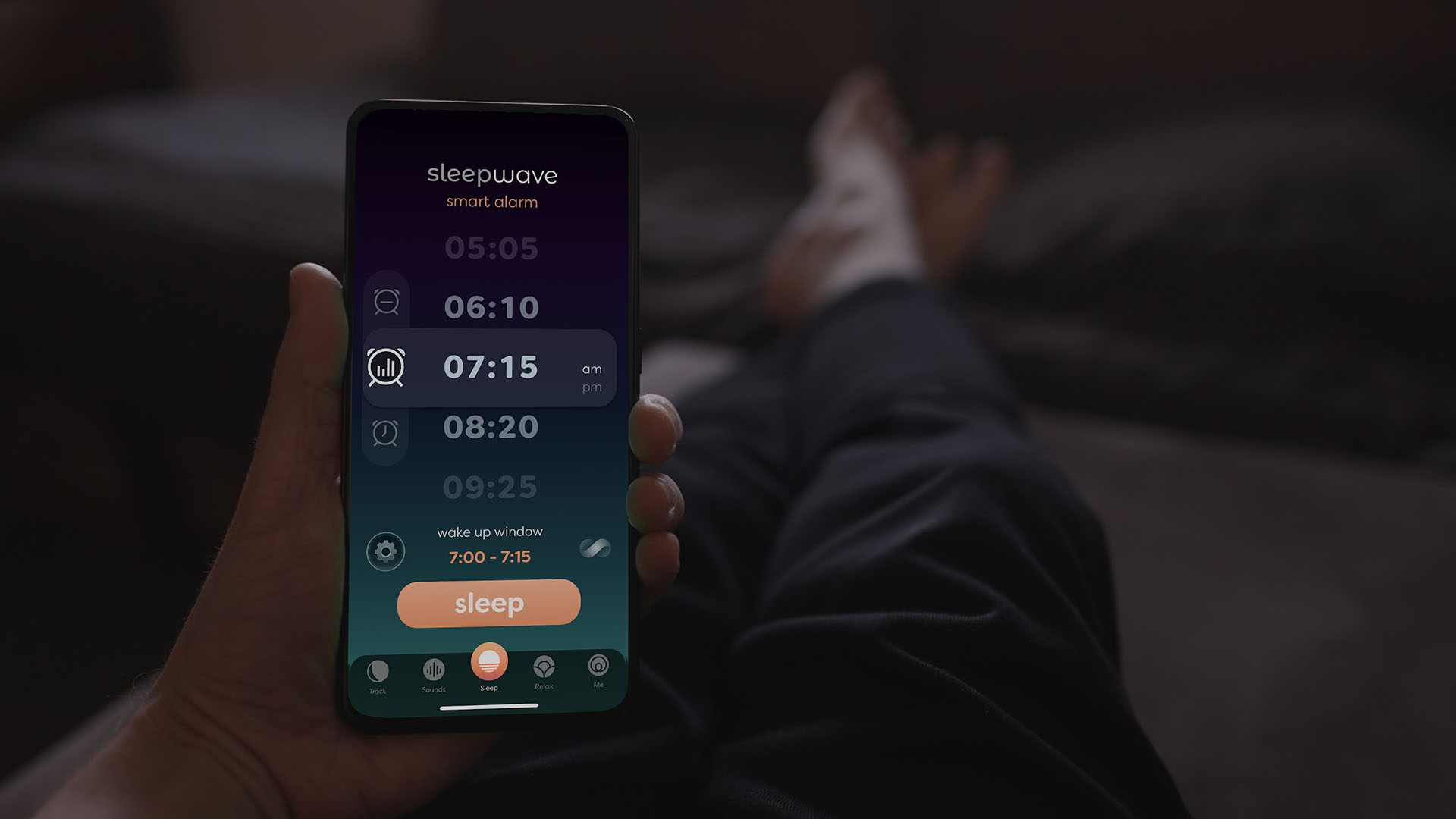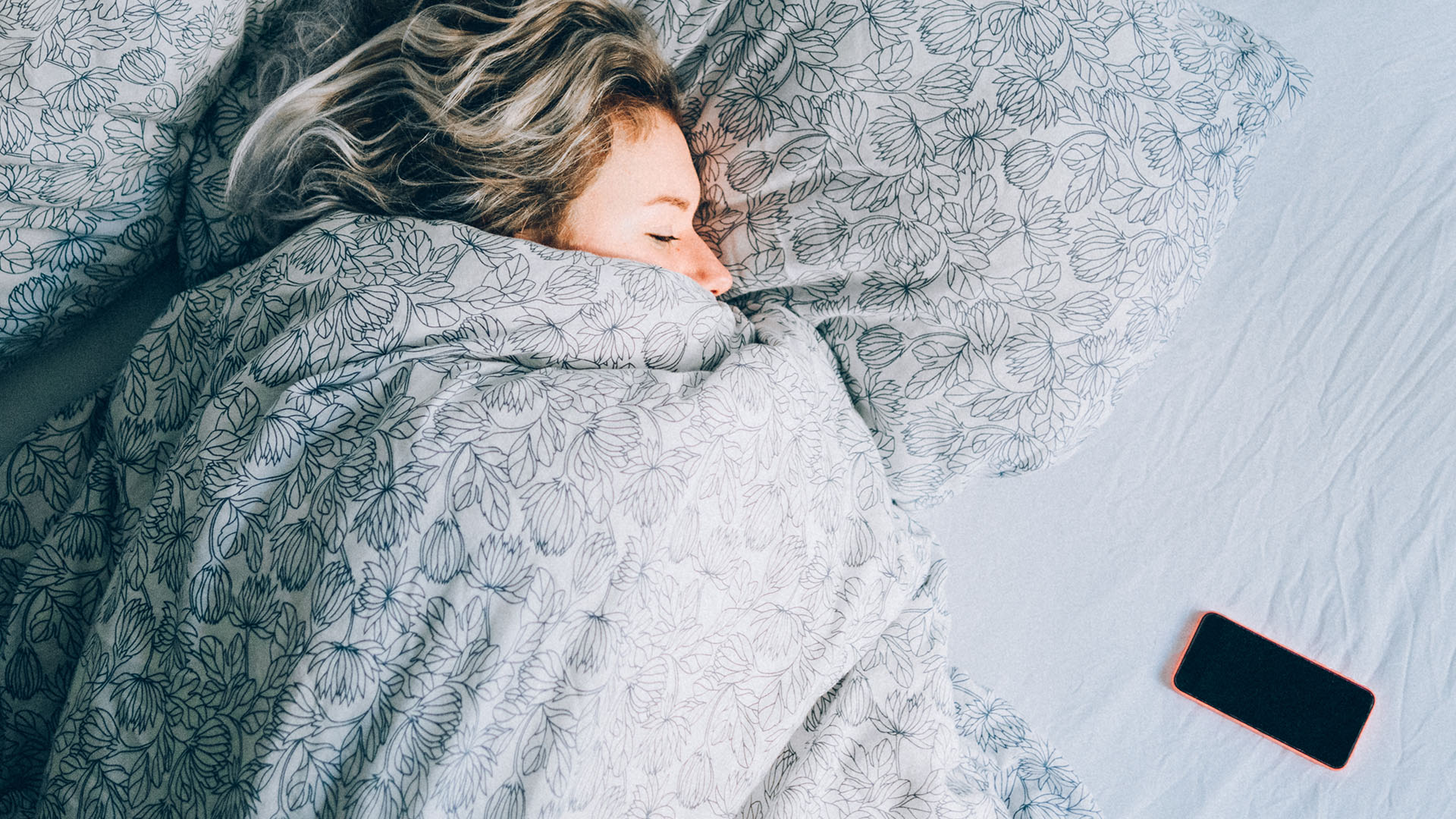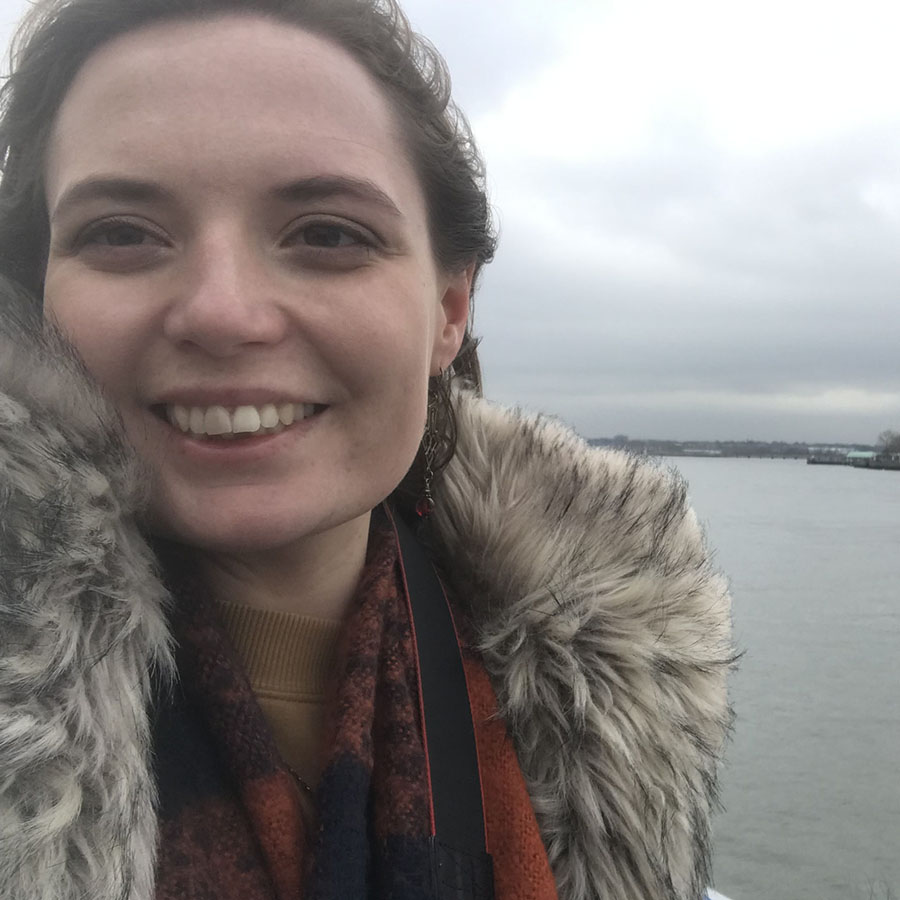This app takes an unexpected approach to sleep tracking – instead of listening for sound, it makes its own
This unique sleep tracking app uses ultrasonic sound waves to monitor your movements

Understanding our sleep can by key to getting more of it, so it's no wonder sleep tracking apps are so popular. By using sound to monitor your movements during the night, sleep tracking apps can help you discover what you get up to while you're snoozing on your best mattress.
But these apps often come with a flaw: outside noise – like a busy road or a barking dog – can be mistaken for sleepy sounds and skew your data. Sleepwave, the latest innovation in sleep tracking apps, aims to avoid this problem by flipping the tables. Instead of simply listening, it actually creates its own noise.
Well, perhaps not noise, exactly. Sleepwave describes the tone used in its patented PureTone Motion Technology as a "low power ultrasonic sound wave". You can't hear it (and neither can your pets) but when you move, you disrupt the sound wave. Your phone microphone picks up the disruption, the app is able to recognize this as activity, which it can use to build a picture of your sleep cycle.

Even if you spend your nights face down in your pillow, Sleepwave should still be able to track your rest. "[The user] will still be breathing, and the technology is able to detect chest movements to estimate their breathing rate," explains Jules Goldberg, founder of Sleepwave. "The breathing rate is used to predict the user’s sleep phase."
Sleepwave overcomes the big issue plaguing most sleep tracking apps – mistaking outside noise for movement. But while Sleepwave won't think a car backfiring is a sudden snore, might it mistake your partners nighttime wake-ups for your own? According to Jules, user filtering shouldn't be much of a problem.
"The low power ultrasonic waves decrease in strength as they travel further from the phone, and so the signal will be strongest within a range of about 1m. If your partner gets up in the night it will often detect some motion, but the signal will be weaker compared to if the primary user moves."

Sleepwave primarily acts as a gentle alarm, waking you up when your body is in a lighter sleep phase. Users can also explore the data recorded, to learn more about their patterns and consider new approaches to sleep. For those who've found a noisy household has rendered the traditional sleep tracking apps essentially useless, it has a lot of potential. It However, can ultrasonic technology replace even the best sleep trackers: wearables?
Sign up for breaking news, reviews, opinion, top tech deals, and more.
Right now – probably not. Wearable sleep trackers are able to gather data directly from the source (that's you), for an accurate reading of your sleep chronotype. Sound wave technology might be able to track your movements, but it can't provide the same in-depth picture of overall sleep quality, and even Jules admits Sleepwave's user filtering is an "on-going project". But if you're looking for an affordable sleep tracker that won't mistake an upstairs neighbor for a restless night, Sleepwave might be the answer.

Ruth is TechRadar’s Sleep Writer. She’s here to help you find the perfect sleep setup for your budget and personal preferences. As well as keeping a keen eye on everything that’s going on in the world of mattresses, she regularly speaks to experts to help you learn how to improve your sleep habits, whether that’s by debunking sleep myths or explaining the science behind it all. Prior to joining the TechRadar team, she wrote features and product guides for new parents hoping to get a decent night's sleep, as well as writing for a variety of online spaces.